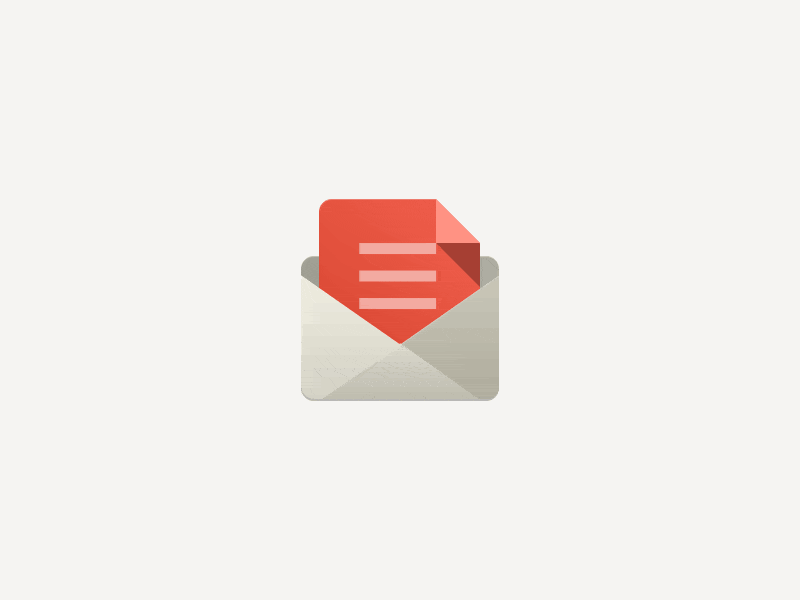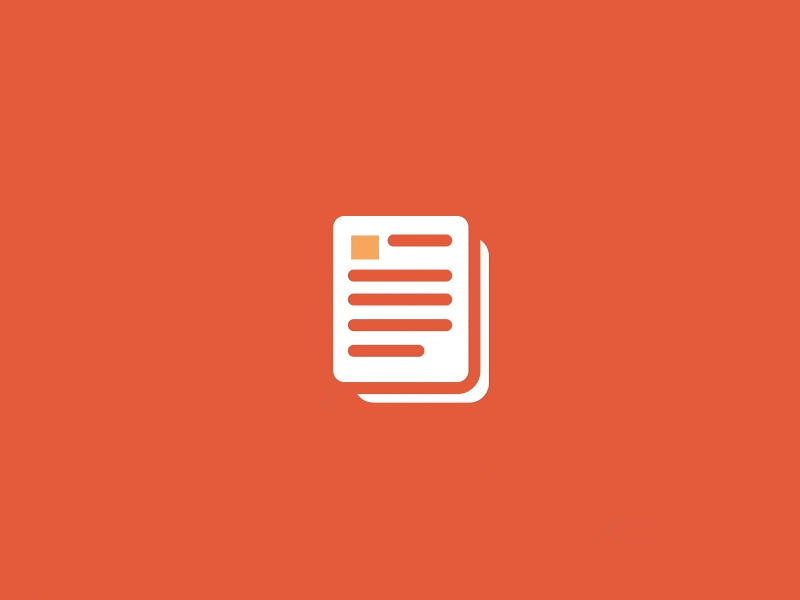The 'OOO' Is Now An Artform, But What Does That Say About Work-Life Balance?

When Alan Partridge’s spoof Out of Office to a BBC News Correspondent went viral this week, I chuckled and re-tweeted it as inspo. Not because I am a massive fan of Steve Coogan (I watched my first ever episode of Alan Partridge just yesterday), but for the essential truth nestled amidst the satire.
‘I’m not in the office so both cannot and will not respond to your email. If your email is urgent, perhaps you should have tried calling instead. The very fact you were content to type out your query long hand and settle back to wait for a reply suggests you can wait, even if you’ve put a red exclamation next to your email to make it stand out in my inbox. Won’t wash with me, that.’
I wasn’t the only one who identified with Partridge’s exasperation - my tweet got favourited 749 times.
I used to think of out of office replies (or OOOs) as pretentious, when used outside of annual leave - alright love, you’re not Arianna Huffington - until I noticed that there had been a shift in both the expectation and sheer volume of e-mail.

E-mail has become synonymous (ironically) with productivity. Flexi-working or being freelance, as I am, ostensibly means time away from our desks - but that seems to come with a tacit agreement that you will never be truly offline.
Recently, I‘ve noticed e-mail etiquette becoming comically passive aggressive. ‘Popping this to the top of your inbox’ prefaced a repeat of one non-urgent e-mail, that I had received the day before and hadn’t had time to reply to yet.
‘Looking forward to hearing from you’ is another stand-alone follow-up, as if you’ve somehow silently agreed to the onus of replying to someone you’ve never met.
‘Just checking up on this’ chirrups a third, as if the original e-mail might need medical attention. No - it’s still there. Healthy and haunting me.
As our urgent need to experience, digest and relay the world and everything in it, intensifies (with little room for cogitation) the OOO is a reminder to 'Slow The F*ck Down.'
I put one on when I’m recording my podcast, in meetings, on writing deadlines or merely unable to keep up the incessant checking and dispatching, checking and dispatching, that the modern-day inbox seems to require.
The out of office has turned into an art form.
My podcast co-host, Dolly Alderton, favours the combination of a lyrical pun as subject title (‘Don’t annual leave me this way’; or ‘Hello? Is it me you’re looking for?’) with a gif in the main body of text.
Some people opt for forensic levels of detail about a gruesome illness, or a day-by-day itinerary of holiday plans. (‘I’m on an island, just off Mexico, for my honeymoon, probably drinking a cocktail right now!’)
Via twitter, I learned of one man who was so fed up with e-mail culture that his out of office simply read: ‘Nope.’
For me, setting an automated response (usually bland and vague) feels less of a statement of intent, and more a form of defence. At its origin, the OOO should be a freeing thing, but for many of us, it has morphed into a flimsy sort of bulwark; like trying to stop a flood with a cardboard box.
On the surface, it’s an assertive statement of agency; barely a ripple rupturing the water. But underneath, I’m screaming into the depths of Gmail, 'please just leave me alone.'

E-mail has undergone a tonal shift, in recent years. As Adrienne LaFrance wrote for The Atlantic in 2015: 'In the 1990s, AOL would gleefully announce, ‘You’ve got mail!’ Today, Gmail celebrates the opposite: ‘No new mail!’'
Voice-notes, tweets, e-mails are lobbed into an abyss, without prior consent from the recipient. We are no longer the custodians of our conversations. We are expected to be available at all times, to everyone, anyone, who asks.
I know that not everyone psychologically responds to e-mail the same way I do. For me, seeing thousands of e-mails, all within a space of my own, is a sort of social claustrophobia - the white noise of strangers' chatter - a suffocation under the weight of my inbox. And so I attempt to maintain ‘inbox zero’ as a way of exercising control over the chaos. But I know people who admirably - and no doubt to the annoyance of others - ignore 99% of what comes in.
I strongly believe that e-mail etiquette is gendered. When you are a woman, there is a two-pronged subtext to a non-response. Firstly, that you are not gracious. Be grateful that anyone wants to talk to you!
And secondly, that you may seem rude. Most women I know would rather churn through carpal tunnel, at 2am, than risk appearing rude. And so, we send promises of impending completion. 'TOMORROW I WILL GET EVERYTHING DONE,' tweeted the writer Roxane Gay last week. 'I WILL FINISH FOUR ESSAYS AND REPLY TO ANY EMAILS. I WILL DO MANY NECESSARY THINGS. I WILL.'
The ability to say no - or push back - is a relatively new one for women in cultural parlance. And it doesn’t always work. The feeling of being ‘worn down’ or ‘caving’ is something specifically unique, I find, to us. But the OOO is a sign that we are starting to do that, or at least trying to do that, electronically if not in life, too.
And it may only be partially effective, but I’m determined to fortify my barricades. I am a 31-year-old woman, whose main source of stress is her inbox. Typing that, feels a sort of madness - and a reckoning. It’s time to take up delay, and mass deletion. As Partridge says, if you really need to get hold of me, pick up up the bloody phone.
Pandora Sykes
Pandora is a Contributing Editor to ELLE, a columnist for ELLE.com/uk and the co-host of podcast The High Low.
You can find her on Twitter @pinsykes and on Instagram @pandorasykes.
('You Might Also Like',)

